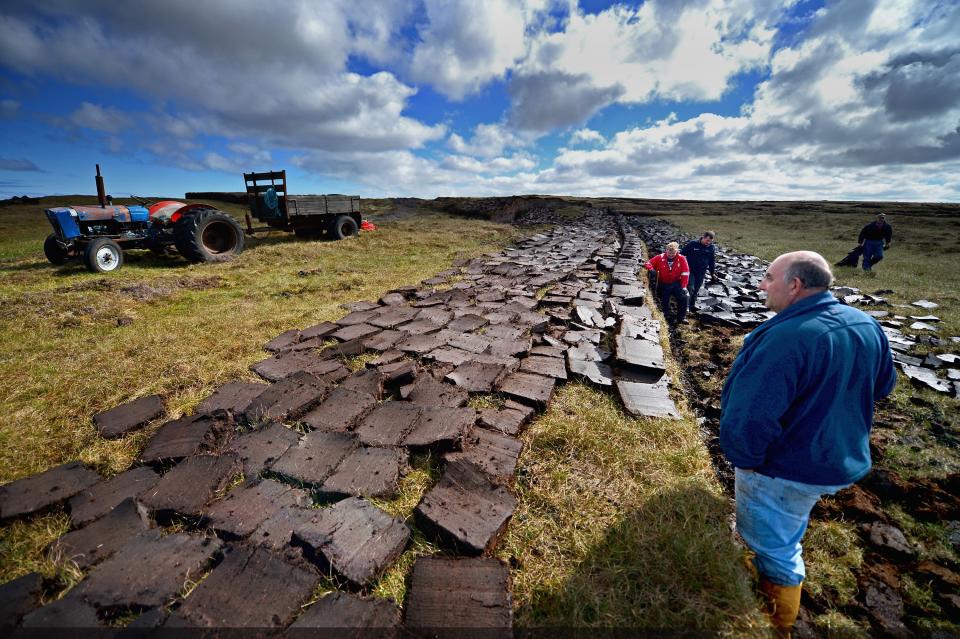Garden centres to be banned from selling peat compost

Some 80 per cent of the UK’s peatland is considered to be in a degraded state
(Getty Images)Garden centres in the UK are to be banned from selling peat-based compost, as part of a government plan to try and protect the natural world.
The Environment Secretary is expected to announce the news on Tuesday, along with several other new initiatives to try and limit carbon emissions and protect the environment.
Animals such as hedgehogs and red squirrels will also be given more protection under legally binding targets, set for 2030. Tree planting too will be tripled by the end of 2024.
Meanwhile, a new reintroduction task force may see animals such as beavers and wildcats return to the country.
The government will be expected to report every year on its progress in helping prevent the decline of wildlife in the UK under the plan. Indeed, 15 per cent of species are now at risk of extinction according to a report from 2019 by the State of Nature.
George Eustice, the Environment Secretary, is expected to call the plans “a huge step forward,” in a speech on Tuesday.
He will add: “We hope that this will be the Net Zero equivalent for nature, spurring action of the scale required to address the biodiversity crisis.”
Overall, 35,000 hectares of degraded peatland will be restored by the government. Peat acts as a store of carbon and can also stem floods.
When it is damaged or dug up however, it can emit greenhouse gasses, and 80 per cent of the UK’s peatland is considered to be in a degraded state. Indeed, the UK’s three million hectares of peatland are currently emitting greenhouse gases equivalent to half of the country’s agricultural output.
The government first considered banning peat-based compost 11 years ago by asking the horticulture industry to voluntarily stop selling it. They were forced to act however when little was being done, with only one in 20 garden centres saying they had plans to stop selling the compost, according to a survey conducted by Wildlife trusts earlier this year.
“The Government’s intention to phase out the use of horticultural peat is excellent. Previous efforts have failed, so we hope the Government will expedite consultation to ensure that new regulations are agreed this year,” said Richard Benwell, CEO of Wildlife and Countryside Link, The Telegraph reported.
Mr Benwell also took to Twitter, calling the news a “tremendous step forward.”
Tree planting across England will also increase with the country set to grow 6,000 hectares of new woodland by 2025. This will be supported by a £500 million fund.
“It is our ambition that all woodlands in England will improve the environment, acknowledging that our woods and trees are vital habitats,” Mr Eustice is expected to say.
Read More
The Independent visits Heathrow ahead of international travel restarting
Why is peat bad for the environment and what are the alternatives?

 Yahoo Finance
Yahoo Finance 